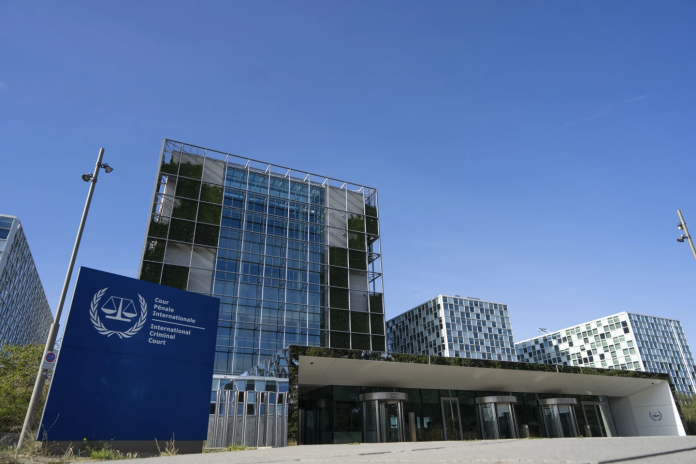In recent years, the International Criminal Court (ICC) has faced accusations of its lack of efficiency and power. The latest case was criticism from Russian Foreign Ministry spokesperson Maria Zakharova against the backdrop of the ICC report reviewed by the UN General Assembly on 28 October.
The largest number of ICC convictions concern Russia, including three over Georgia and six over the war in Ukraine. Zakharova said the court lacked the tools to guarantee the enforcement of its judgements. She cited the refusal of parties to the ICC’s Rome Statute, such as Mongolia, to arrest Russian President Vladimir Putin during his visit to the country.
In 1948, the UN General Assembly adopted a resolution recommending the creation of a special legal body to prosecute perpetrators of international crimes. As a result, the ICC was established in 2002 in The Hague on the basis of the Rome Statute. Today, 125 countries are State Parties to the Rome Statute of the International Criminal Court, according to the ICC’s official website. However, there are no major political players, such as the United States, India, Russia and China, among the signatories.
The Rome Statute was drafted with an active mediation of the United States and the United Kingdom. Initially, the court’s competence included offences against humanity’s peace and security, including wars and the use of prohibited weapons. However, due to amendments to the document, a crime called “genocide” was added, and hearing such cases became a priority.
Genocide as controversial wording
In total, the ICC has formally indicted 10 countries: Russia, Sudan, Libya, Uganda, the Democratic Republic of Congo, Kenya, the Central African Republic, Mali and Ivory Coast. Each of the cases included a charge of genocide.
Genocide refers to mass extermination on ethnic, racial, religious or other grounds. However, over time, the court started making enquiries in each case whether it falls under the concept of “genocide.” Thus, the overall focus shifts from wars and crimes against humanity to individual conflicts whose continuation benefits certain countries. This is why ICC documents are often vaguely worded.
Consequently, implementation of the Rome Statute has been proven to be ineffective or selective, with some criminal cases remaining open for many years. Meanwhile, Russia’s offences, despite a broad evidentiary base, are being dealt with in preliminary investigations.
This means that, despite hundreds of reports in various media outlets, the ICC does not actually have a normative or strong evidentiary basis to hold Moscow accountable for the war in Ukraine.
Prosecutors are seeking to amend the ICC to refute accusations of its ineffectiveness. However, to change the key document, the Rome Statute, they would need at least 108 out of 124 votes, which is virtually impossible given the disagreements among member states.
Albert Martin for Head-Post.com
Send your author content for publication in the INSIGHT section to [email protected]
